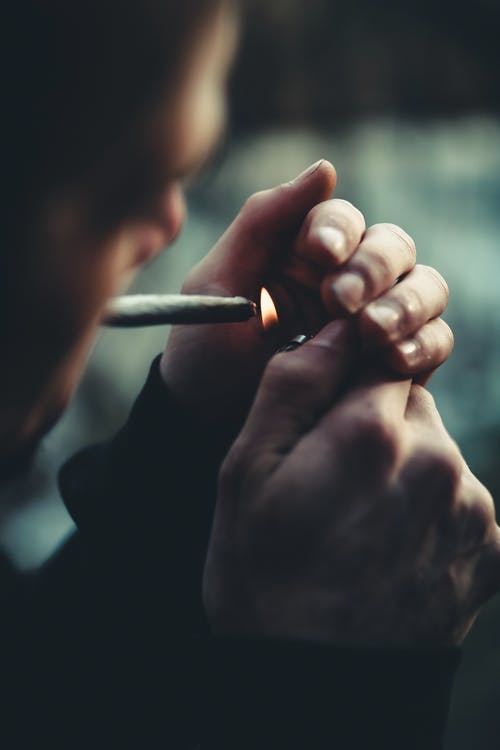Having a loved one who is an addict is painful. You begin to worry and blame yourself for not noticing it sooner, and it becomes a major concern for you. But addiction isn’t the end of a person’s life, there are ways to treat substance addiction.
So, if you find out that your loved one is an addict, the next step is to get help for them. But beyond getting professional help for them, there are things you can go to help them fight off such addiction. This is because as humans we are influenced by those we are constantly around.
If a bad influence caused their addiction, then you can use good influence to fight it off. Know though, that addiction doesn’t always go away easily, but it is not impossible. So, here are some steps to take to help a loved one fight off addiction.
- Be Compassionate
When dealing with an addict, even a loved one be compassionate. Refrain from blaming or criticizing them, but instead show love and compassion. Remember, that addiction comes for different external factors like stress or trauma. So, treat them with compassion.
- Expect Difficulties
If you’ve a loved one who is an addict, while helping the person fight off addiction expect difficulties. They might be in denial of their addiction and refuse help. But be patient, supportive, and continue to encourage them to get help.

- Educate Yourself
To help someone overcome addiction, you need to know what that addiction entails. So, educate yourself on the specific addiction your loved one is facing, the symptoms, challenges, and treatment options available. Then, you can provide better help for them.
- Do not Enable Them
Constantly offering to drive an alcohol addict home is enabling his/her actions. Help them, but do not offer help that indirectly encourages them to continue their addiction.
- Take Care of your Mental Health
To help someone struggling with addiction, you’ve to be mental strong and health. So, frequently take time to evaluate your mental health, relax, and care for yourself. This will reduce stress, putting you in a better position to be of help to your loved one.
In summary, loved ones are special to us and when something happens to them, we are always eager to help out. So, if you’ve a loved one who is an addict, the above-mentioned steps will aid you in helping them get off addiction.
